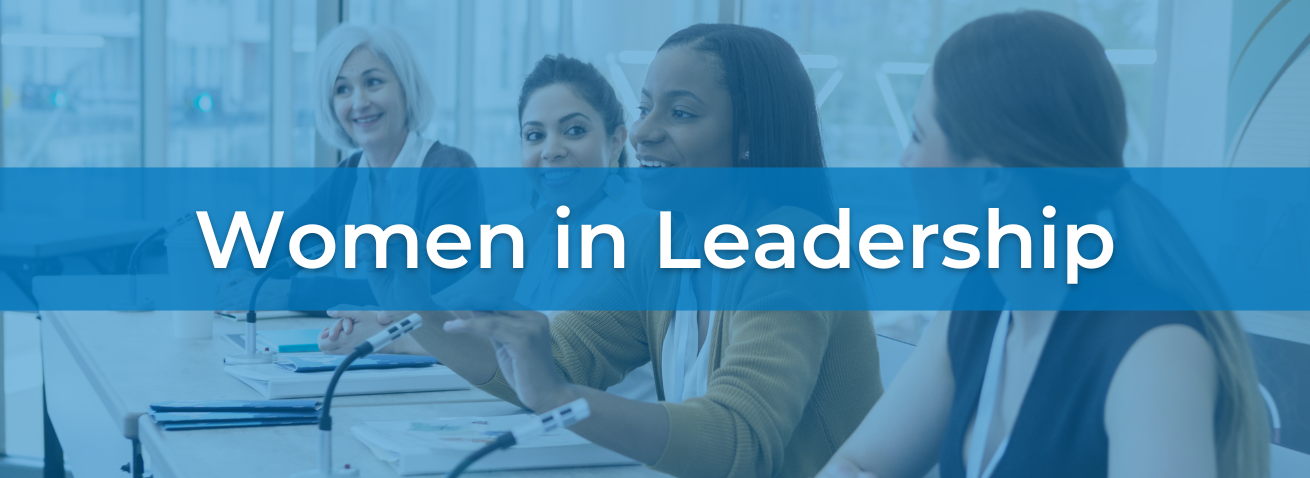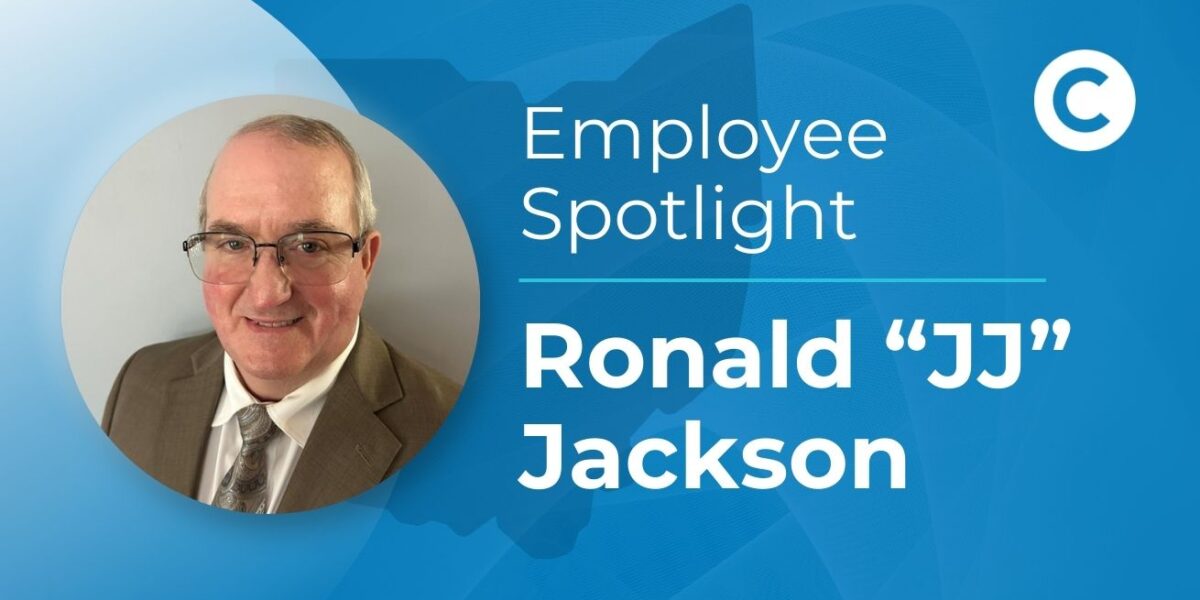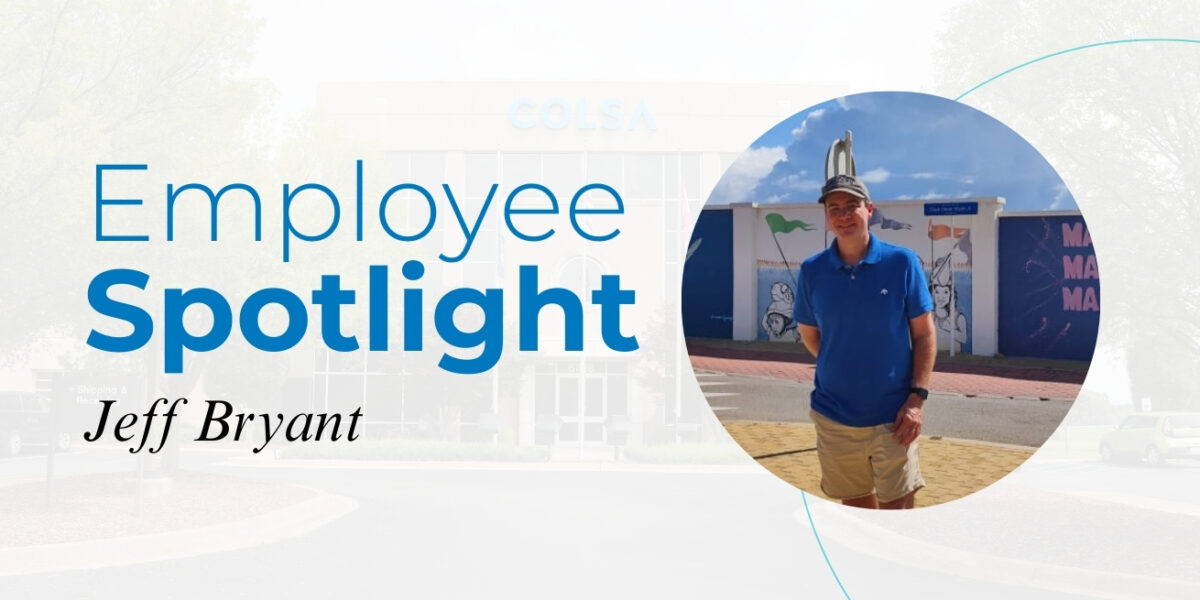Q: What is your background?
A: I started in the defense world by working as a civilian at Redstone Arsenal in the contracting area. I grew up in contracting. I started from the bottom and worked to become the Executive Director for the Army Contracting Command at Redstone. We did federal contracting for the aviation and missile systems that support the Army. Towards the end of my career, I was promoted to Deputy to the Commanding General for the Aviation and Missile Command.
Q: What led you to come to COLSA?
A: After 34 years, I was ready to retire but didn’t want to be at home. I had a lot of people in the industry interested in me because of my background in the Army. I had a close friend here at COLSA, Dr. Richard Amos. I had worked for Dr. Amos for several years while he was with the government, and I came to talk to him about transitioning and making the right decision. I wanted to work for a company that shared my values and beliefs, was invested in people, and cared about the customer. After talking to Dr. Amos and discussing options, he eventually came and asked me if I would be interested in taking a position at COLSA in the business management division. I accepted because I felt like the company shared my values and beliefs. I knew that Mr. Collazo had great integrity and excellent values. I felt like COLSA would be a great fit for me, and I wasn’t wrong. It has proven to be a good fit.
Q: What challenges have you faced as a woman in leadership?
A: I have felt intimidated to speak up at the table. Especially as a young female leader, I experienced this. No one told me not to speak out. When you’re the only female at the table, you feel like you might have to walk very carefully to make your voice heard. I wanted to be very cautious as a female leader and gain confidence in those I worked for and those who worked for me. I never wanted to appear aggressive, which I struggled with as a young leader. Sometimes, people would judge you if you spoke out too quickly or sounded too confident. They saw that as being too aggressive. Although that might be admired in a male counterpart, it was seen as too much in females. I think that the thought process is changing a lot, but it was something I faced. I always felt I had to be one step ahead, work harder, and prove myself in every job.
Q: What is your favorite part about being a leader?
A: My favorite part must be the interaction with the people. I have built relationships with everyone at COLSA, not just those who work in my division. It’s what I love to do. It’s great to share knowledge and to gain insight from other unique individuals.
Q: What has COLSA done to help you grow as a leader?
A: COLSA has taken the time to teach me this side of the contracting world. People such as Dr. Amos and Mr. Barry Gosnell have taken the time to listen and help me think strategically about the value I can bring. They have encouraged me to learn new things and take on new challenges.
Q: What is your advice to young female professionals?
A: My advice is always to do the very best at every job that you’re in. You will learn something even in positions that may not be in your career. There is not one job you will do that you will not have the opportunity to learn something. Build relationships around you at every job, school, and every area of your life. Make those connections because they will always offer you new opportunities. It might be advice, or it might be a recommendation, or potentially a job. Look at the jobs that are right for you. Only you can decide that. Find the jobs that you’re passionate about. Ultimately, a job will be a job if you aren’t passionate about it. When you do find that job that you’re passionate about, that’s when it becomes a career, not a job.
Q: What do you hope to see for the future of COLSA?
A: Strategically, I hope to see COLSA continue to grow to the level that we decide is suitable for us. I want to see us continue to grow, do good work, expand into other markets, and utilize our skill sets to move into new technologies and support our customers even better. From a people standpoint, I hope to see us continue to value diversity and to grow this next generation of young leaders. Diversity is about being the very best you can be, which means having different people from different backgrounds bring new ideas to the table.




